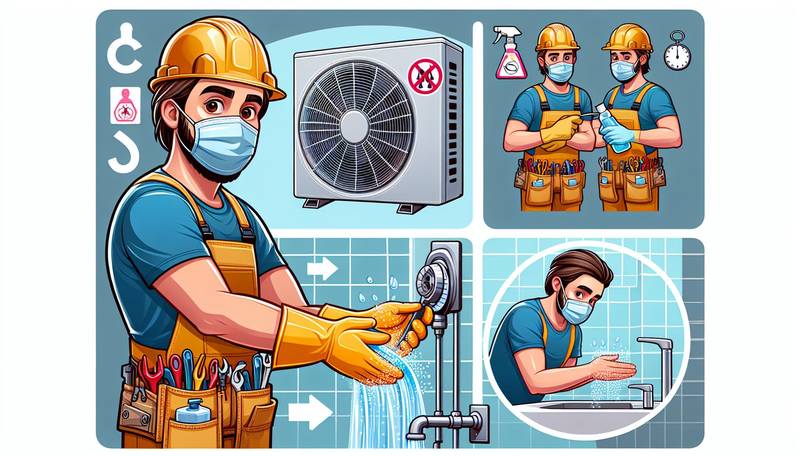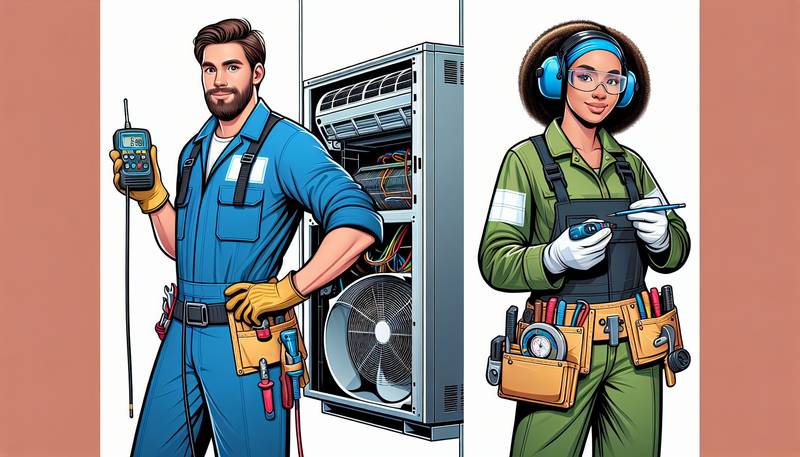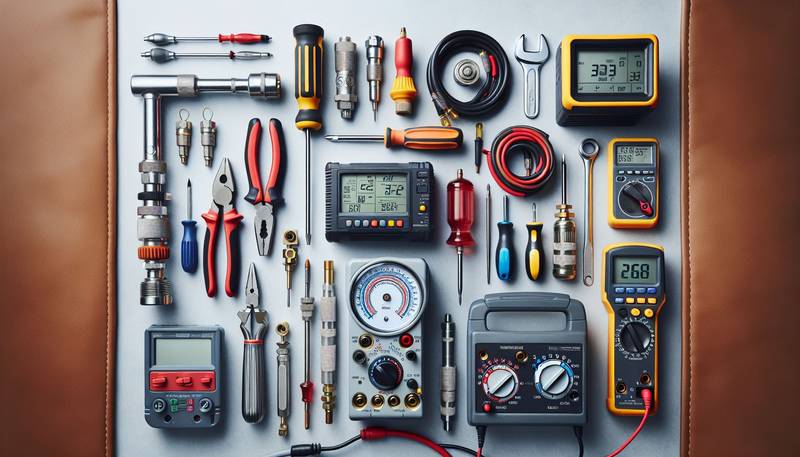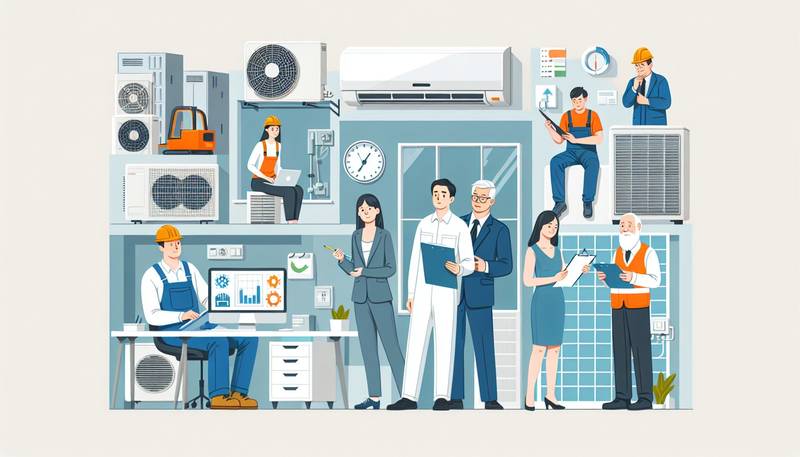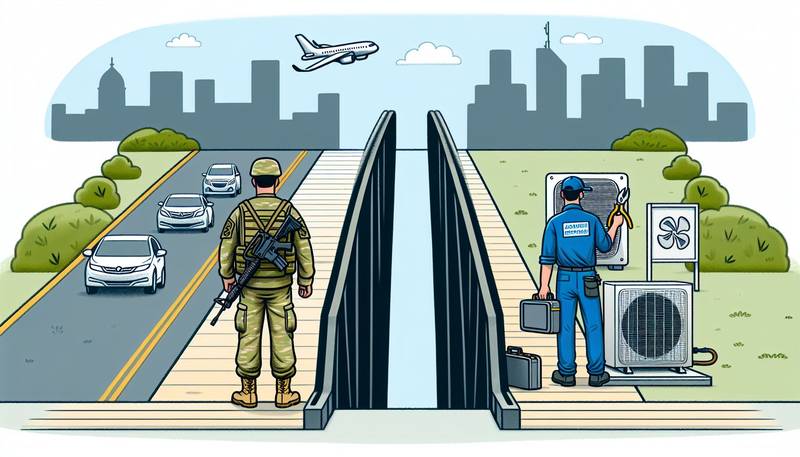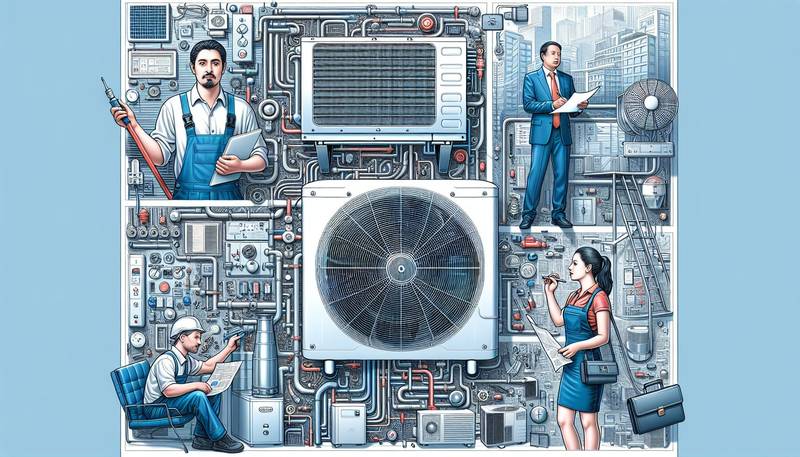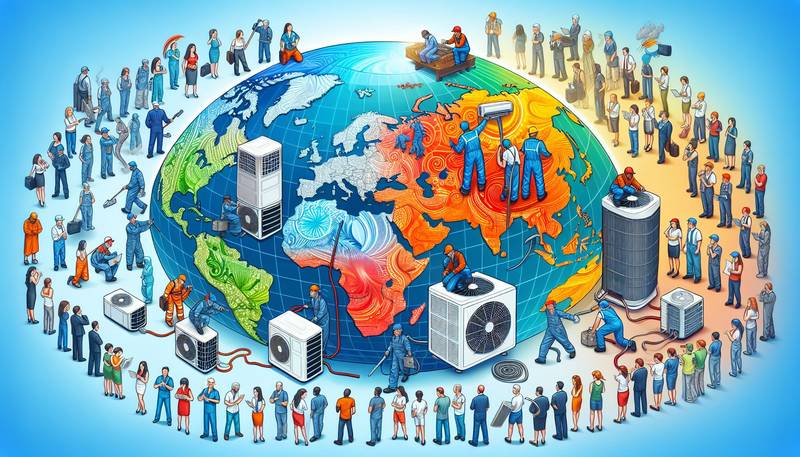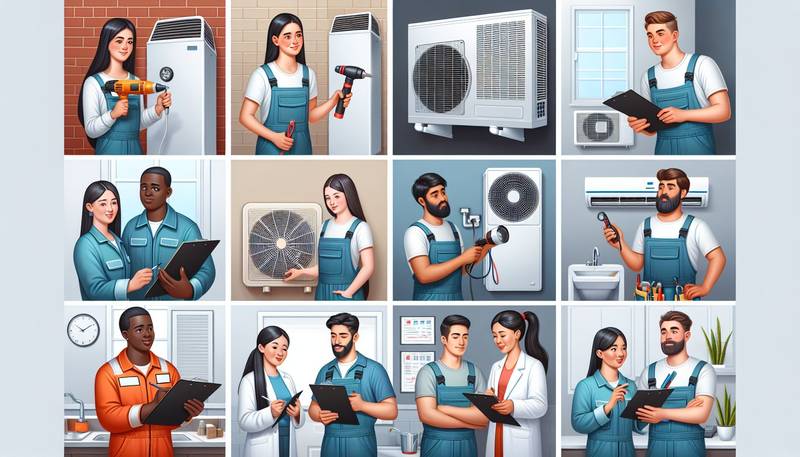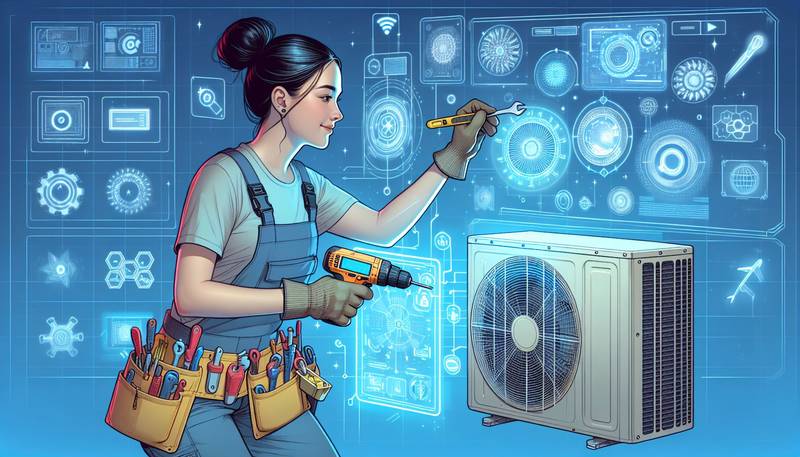Safety First: Health Guidelines for Air Condition Professionals
It is essential for air conditioning professionals to prioritize their health and safety in order to prevent injuries and illnesses on the job.
Importance of Health Guidelines
The nature of the air conditioning profession exposes professionals to various risks such as electrical hazards, chemical exposures, lifting injuries, and exposure to extreme temperatures. As such, it is important for air conditioning professionals to adhere to health guidelines that help protect them from these hazards. By following these guidelines, professionals can reduce the risk of accidents and ensure their own well-being.
Electrical Safety
One of the most significant hazards that air conditioning professionals face is the risk of electrical shock. When working on air conditioning systems, professionals must always ensure that they have turned off the power supply to the unit before beginning any work. It is also important to use insulated tools and wear appropriate personal protective equipment (PPE) such as gloves and safety goggles to minimize the risk of electrical injuries.
Chemical Exposure
Air conditioning professionals often work with refrigerants and other chemicals that can be hazardous to their health. It is crucial for professionals to be aware of the potential risks associated with these chemicals and to use them in a safe manner. Proper ventilation, wearing protective clothing, and using the appropriate PPE can help minimize the risk of chemical exposure and prevent respiratory issues or skin irritations.
Lifting and Ergonomics
The physical demands of the air conditioning profession, such as lifting heavy equipment and working in awkward positions, can lead to musculoskeletal injuries if proper lifting techniques are not followed. Air conditioning professionals should receive training on proper lifting techniques and ergonomics to prevent strains, sprains, and other injuries. It is also important to use mechanical aids or teamwork to lift heavy equipment safely.
Heat Stress
Working in extreme temperatures can also pose a significant health risk to air conditioning professionals. Heat stress can lead to heat exhaustion or heat stroke if proper precautions are not taken. Professionals should stay hydrated, take frequent breaks in a cool environment, and wear lightweight, breathable clothing to prevent overheating. It is also important to be aware of the signs of heat-related illnesses and seek medical attention if necessary.
Noise Exposure
Air conditioning professionals may be exposed to high levels of noise from equipment such as compressors and fans, which can lead to hearing loss over time. Professionals should wear hearing protection when working in noisy environments and limit exposure to loud noises whenever possible. Regular hearing checks can help detect any early signs of hearing loss and prevent further damage.
Conclusion
Prioritizing health and safety in the air conditioning profession is essential to ensure the well-being of professionals and prevent accidents and injuries. By following health guidelines, such as those related to electrical safety, chemical exposure, lifting and ergonomics, heat stress, and noise exposure, air conditioning professionals can protect themselves from potential hazards and create a safer work environment. Ultimately, prioritizing safety first will not only benefit the health of professionals but also enhance the quality of their work and the satisfaction of their customers.
